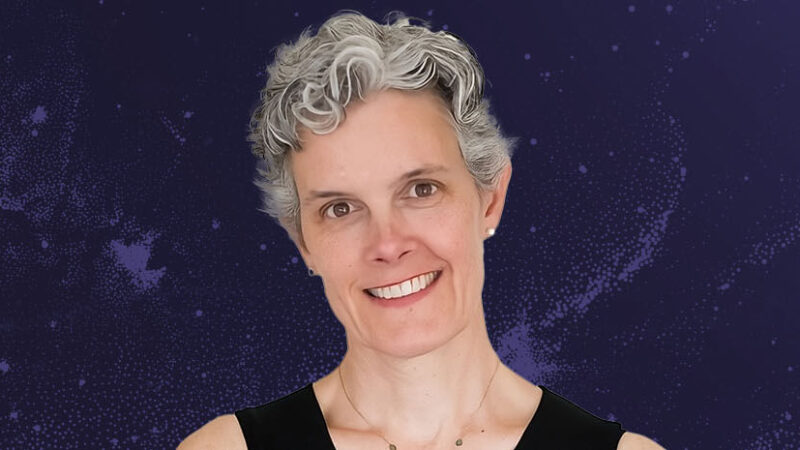
Blind spots, by nature, aren’t seen by you, and cause you to behave unconsciously in ways that have impact on yourself, others, and the world around you. Blind spots are not areas you are familiar with that you are ‘working on’ – qualities you are developing – for example, trying to be more patient with your kids or more loving with your partner. Those qualities may be related to blind spots, but that is not what I’m addressing here. Blind spots are literally what you DON’T see about yourself.
Have you ever had trouble taking in some piece of information – in a talk or a book you’re reading, or sitting on your therapist’s couch? Usually it’s a seemingly innocuous and simple piece of information, but you just can’t get it, or hear it. It’s like you’re going fuzzy. That is a good indication of a blind spot trying to come into the light.
Or perhaps even worse, you keep getting the same feedback from your partner, your coworkers, and even the generalized world around you keeps holding up the same mirror. But it doesn’t quite make sense. You actually can’t really hear or see it. Or even if it makes sense intellectually, it just doesn’t seem necessarily relevant or important enough to demand your attention. Even though you’re hearing the information with your two ears, it flies right past you in terms of actually sticking in your brain, your being, your heart. It actually does not compute. Another signal that it may be a blind spot!
What we tend to end up with as we become adults is an imbalanced view of ourselves that plays handily into the creation and maintenance of our blind spots. What if you saw this mechanism at play, and then saw the pain and suffering you add on top of it? We usually do this in two ways: by personalizing it all and making ourselves either too big for our britches or conversely, unworthy of love and care. This is what I mean by an ‘imbalanced’ self view: too big or too small, over-amazing or under-good-enough. What if you had the courage and humility it would take to admit and embrace your actual place in the world? Even if that means it’s an amazing place in the world? It doesn’t have to be small and hidden just because we are humble and aware. But we are at home.
This is what I mean by learning how to live an undefended life. We aren’t propping up a flimsy ideal of who we think we should or shouldn’t be, or who we think others want us to be. We just are who we are, at home in our own skin, blemishes and all. And we inhabit ourselves so much so that our gifts fall out of us necessarily, rightfully, and with ease.
What if being yourself isn’t essentially about finding your voice, your true calling, your best self, your most significant offering to the world, but instead is about learning to become at home in the world – your world? Learning to become a simple, content, good human being. With no promises on the outcome. Just for the sake of it.
Looking for more great reads?


Excerpted from The Blind Spot Effect by Kelly Boys.
 Kelly Boys directed the launch of Google’s “Search Inside Yourself” leadership training program for neuroscience-based emotional intelligence and mindfulness. She’s taught war veterans, women in prison, cancer survivors, those with substance abuse addictions, humanitarian workers, and psychotherapists. She lives in Boulder, Colorado. More at kellyboys.org.
Kelly Boys directed the launch of Google’s “Search Inside Yourself” leadership training program for neuroscience-based emotional intelligence and mindfulness. She’s taught war veterans, women in prison, cancer survivors, those with substance abuse addictions, humanitarian workers, and psychotherapists. She lives in Boulder, Colorado. More at kellyboys.org.







 Kelly Boys directed the launch of Google’s “Search Inside Yourself” leadership training program for neuroscience-based emotional intelligence and mindfulness. She’s taught war veterans, women in prison, cancer survivors, those with substance abuse addictions, humanitarian workers, and psychotherapists. She lives in Boulder, Colorado. More at kellyboys.org.
Kelly Boys directed the launch of Google’s “Search Inside Yourself” leadership training program for neuroscience-based emotional intelligence and mindfulness. She’s taught war veterans, women in prison, cancer survivors, those with substance abuse addictions, humanitarian workers, and psychotherapists. She lives in Boulder, Colorado. More at kellyboys.org.


